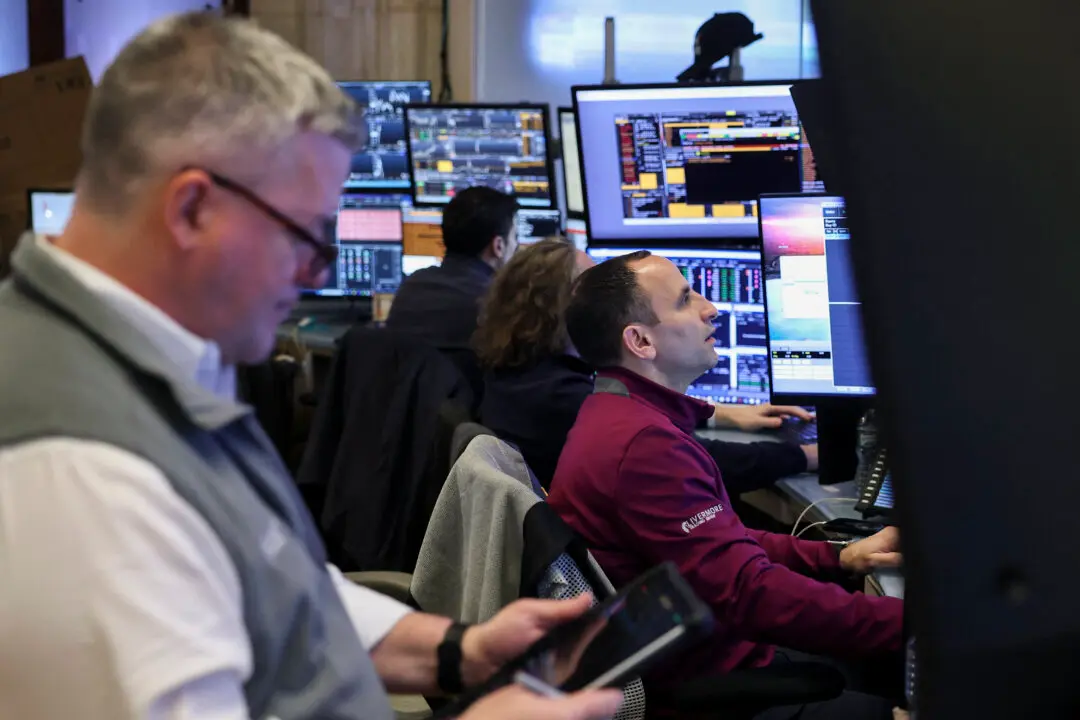U.S. stocks slid this week, led by small caps, as bond and trade uncertainty weighed on markets.
The S&P 500 Index ended May 23 at 5,802, down by 2.61 percent for the week. The Dow Jones Industrial Average fell by 2.47 percent to close at 41,603. The Nasdaq declined by 2.47 percent to 18,737, and the Russell 2000 dropped by 3.47 percent to close at 2,039.





